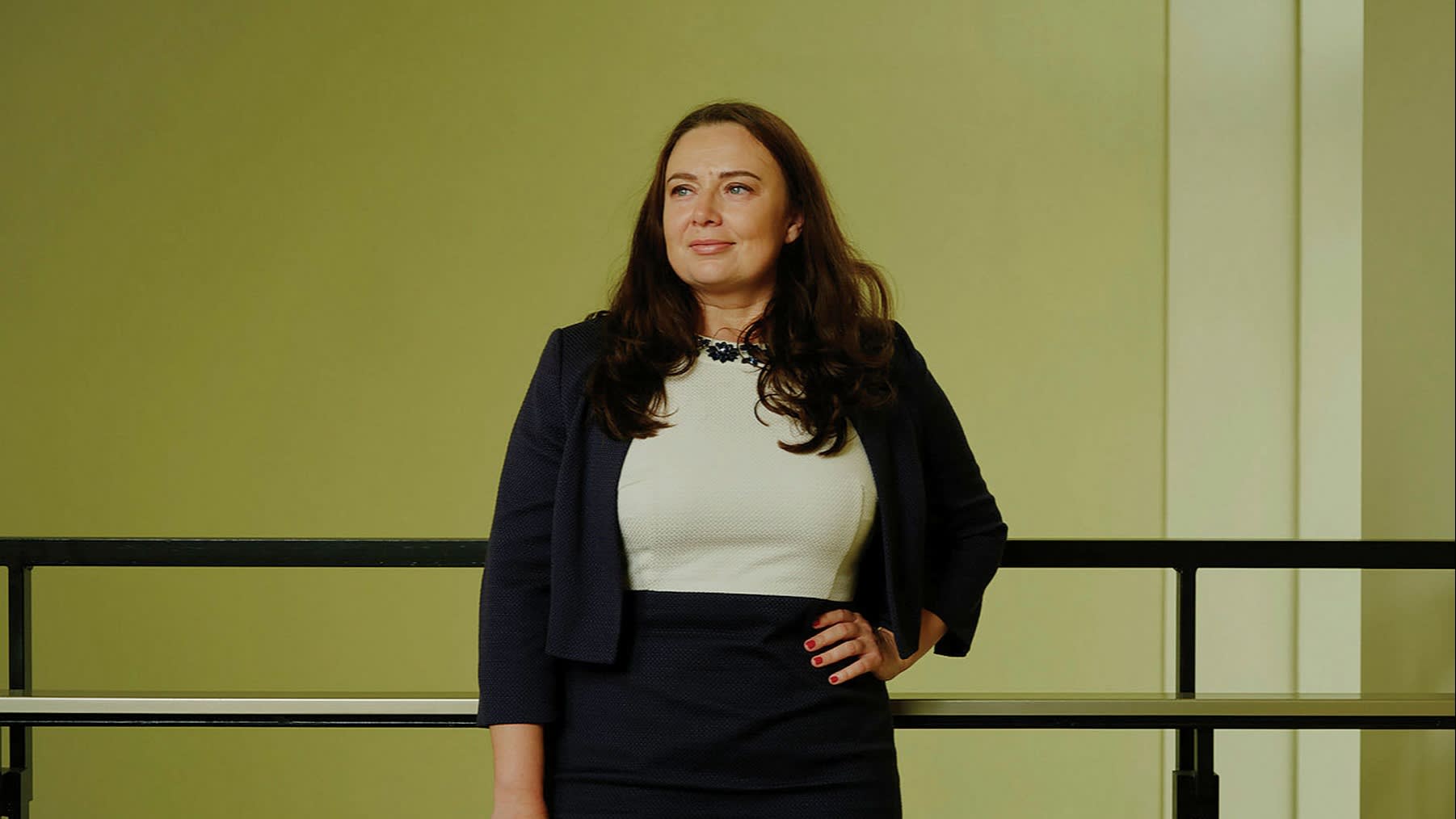Widening the executive MBA talent pool
Without a scholarship, Tako Barsonidze would not be able to afford an executive MBA. Like many women, financial factors were the primary barrier to her enrolling at business school. Her concerns stem from the fact that she works in a middle-income economy — the former Soviet republic of Georgia — and is from a low-income background.
Barsonidze, 33, who started her course last month, was raised by a single mother in the period after the Soviet Union disbanded and the Georgian economy collapsed. “We were very poor,” she says. She was inspired to work in business by her grandfather, who taught himself how to fix cars out of the family home and saved them from hunger. “Since childhood, I’ve appreciated that businesses create jobs,” she adds.
She saw the EMBA at London Business School (LBS) as a way to transition from a legal career into consulting or entrepreneurship. But, without a scholarship covering 50 per cent of the $137,100 tuition fees, she could not have justified the expense. “For me, even half was difficult. I also plan to use a loan,” says Barsonidze, who is chief lawyer at the Georgian Energy Exchange, the electricity market operator. “My salary, which is good for Georgia, is not good enough for European prices.”

Georgetown has tried to tackle this problem by making the EMBA programme more flexible, increasing the proportion taught online and reducing the amount of travel required. In the 2021-22 academic year, the proportion of women in the school’s EMBA cohorts was above average at 45 per cent, while the proportion of US citizens and permanent residents who are from ethnic minorities was 47 per cent.
Other schools are investing in their career services as the proportion of EMBA candidates switching employers increases, with employers cutting back on funding. “If they are finding their next job, you need to facilitate that. It does translate to real dollars,” says Yael Grushka-Cockayne, senior associate dean for professional degree programmes at University of Virginia Darden School of Business in the US. “I view these activities as directly related to diversity, as it allows various people who couldn’t justify the expense to feel they get the return much quicker.”
This story originally appeared on: Financial Times - Author:Seb Murray
















